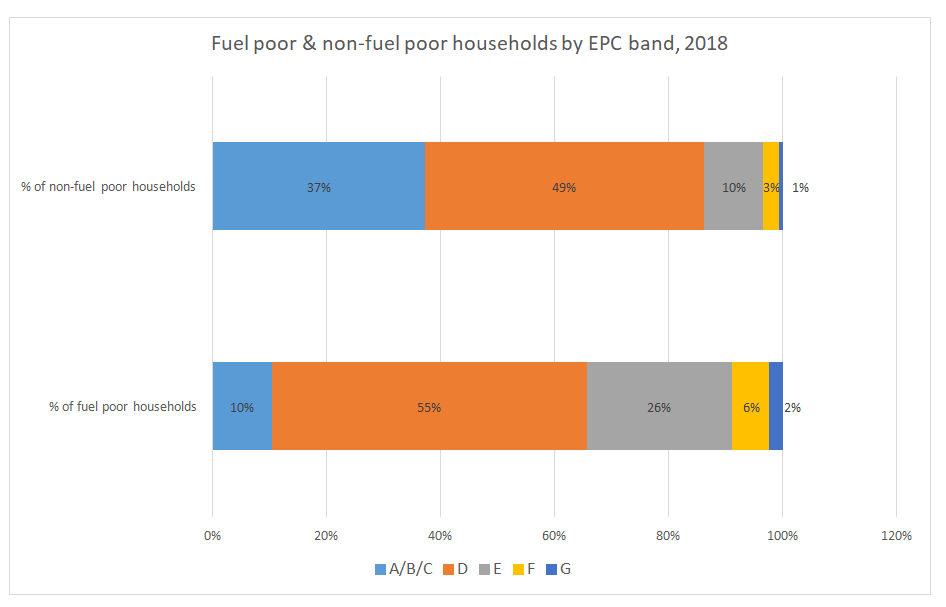Coronavirus: Fuel costs hitting poorest families hardest, warn energy experts

Lockdown fuel costs are hitting low income families the hardest, according to energy experts.
While people are forced to stay at home during the coronavirus pandemic, gas and electricity consumption is increasing, causing bills to rise.
And this is costing disadvantaged families the most because they are more likely to live in properties with poor energy standards, say researchers at Sheffield Hallam University (SHU).
In normal circumstances, it costs £2,000 ($2,481.20) more a year to adequately heat an energy inefficient home compared to one rated efficient.
More than a third of low-income families in England live in properties with a low energy efficiency rating in band E, F or G.
The 2020 annual fuel poverty statistics, released by the Department for Business, Energy and Industrial Strategy this month, also reveal that non-fuel poor households live in just 14% of the least energy efficient homes. These figures are based on 2018 data, which is the most up to date measure from the department.

By contrast just 10% of fuel poor households live in the most energy efficient properties (band A-C), compared to 37% of non-fuel poor households.
And while Ofgem and energy companies have reached agreement to introduce measures for low-income consumers to pause or reduce bill payments, these individuals will eventually be expected to pay the amounts owed.
“Many are anxious about how they can afford the extra energy costs built up because of home confinement and are rationing their fuel use to cope. And with recession on the horizon, many wonder how they will ever catch up,” warned Dr Aimee Ambrose, chair of the Fuel Poverty Research Network at SHU.
READ MORE: How annual leave works when you are furloughed
The government's fuel poverty strategy requires all fuel poor homes to be improved to an energy performance certificate (EPC) band C standard by 2030. There is also an interim milestone of improving all fuel poor homes to EPC band E standard by 2020.
But today's statistics show that 8% of fuel poor households were still below this standard in 2018, said William Baker, energy advice development lead at Citizens Advice.
The Fuel Poverty Research Network is now calling on government to prioritise warm and fuel affordable homes on the post-coronavirus agenda.

 Yahoo News
Yahoo News 
